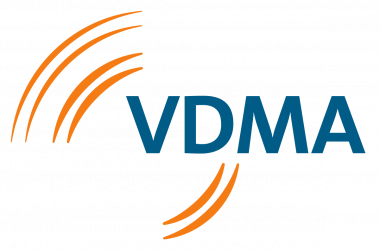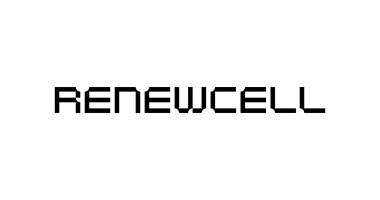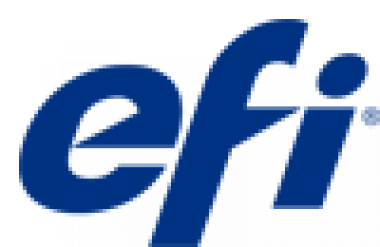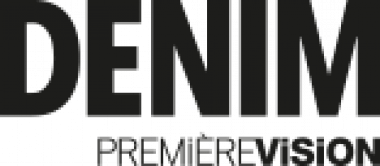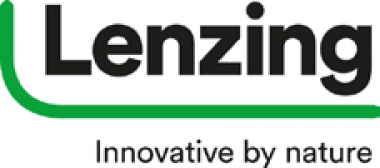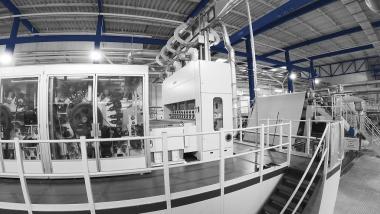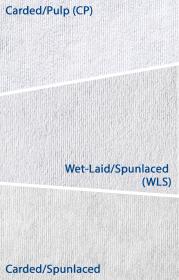Partnership between ADNOC and Borealis to expand Borouge Facility
- ADNOC and Borealis confirm final investment agreement to build Borouge 4 in Ruwais, United Arab Emirates (UAE), which will produce 1.4 million tons of polyethylene per annum
- Expansion project includes construction of a 1.5 million tonnes ethane cracker, two state-of-the-art Borstar® polyethylene plants and a cross-linked polyethylene plant
- Borouge 4 will meet growing customer demand across the Middle East, Africa and Asia with differentiated polyolefin solutions in energy, infrastructure, and advanced packaging
- New facility will benefit from industry-leading technologies to significantly improve energy efficiency and lower emissions, with carbon capture study underway
- Upon expansion, Borouge will be the world's largest single-site polyolefin complex and will supply feedstock to TA'ZIZ Industrial Chemicals Zone Body
ADNOC and Borealis AG signed an USD 6.2 billion investment agreement to build the fourth Borouge facility – Borouge 4 – at the polyolefin manufacturing complex in Ruwais, United Arab Emirates (UAE).
The world-scale expansion confirms both partners’ commitment to the growth of Borouge and to support chemical production, and advanced manufacturing and industry in Ruwais, a key pillar of Abu Dhabi and the UAE’s technology, innovation and industrial development strategy. Borouge produces crucial industrial raw materials, which are exported to customers globally and used by local companies, boosting local industrial supply chains and enhancing In-Country Value.
Borouge 4 will capitalize on the projected growth in customer demand for polyolefins, driven by their use in manufactured products in the Middle East, Africa and Asia. The facility will also enable the next phase of growth at the Ruwais Industrial Complex by supplying feedstock to the TA’ZIZ Industrial Chemicals Zone.
Borouge 4 will have an industry-leading focus on sustainability leveraging the capabilities of both shareholders. The facility will utilize Borealis’ proprietary Borstar technology, to produce a product portfolio focused on durable applications for energy, infrastructure, advanced packaging, and agriculture sectors. This unique technology, in combination with hexene co-monomer, will enable the production of advanced packaging grades with up to 50% recycled polyethylene content.
Subject to an in-depth study, a Carbon Capture unit that would reduce CO2 emissions by 80% could also be operational in time for Borouge 4’s start-up. The facility is also designed to capitalize on ADNOC’s recent initiatives on clean energy, decarbonizing its power supply through access to Abu Dhabi’s clean power sources. These initiatives are aligned with the UAE Net Zero by 2050 Strategic Initiative.
The first Borouge facility, producing 450,000 tons of polyethylene per annum was commissioned in 2001. Borouge 2 and Borouge 3 took capacity to 2 million tons and 4.5 million tons of polyethylene and polypropylene per annum in 2010 and 2014 respectively. Borouge 4 will boost the company’s annual polyolefin production to 6.4 million tons, making Borouge one of the world’s largest single-site polyolefin facilities.
The new Borouge 4 facility will comprise:
- An ethane cracker, with 1.5 million tons ethylene output per annum, which will be the fourth cracker in Borouge’s integrated petrochemical complex in Ruwais
- Two additional Borstar® polyethylene (PE) plants, each with 700 thousand tons per annum capacity, using state-of-the-art Borealis Borstar third generation (3G) technology
- A cross-linked PE (XLPE) plant of 100 thousand tons per annum capacity.
- A hexene-1 unit, which will produce co-monomers for certain grades of polyethylene.
Borealis










